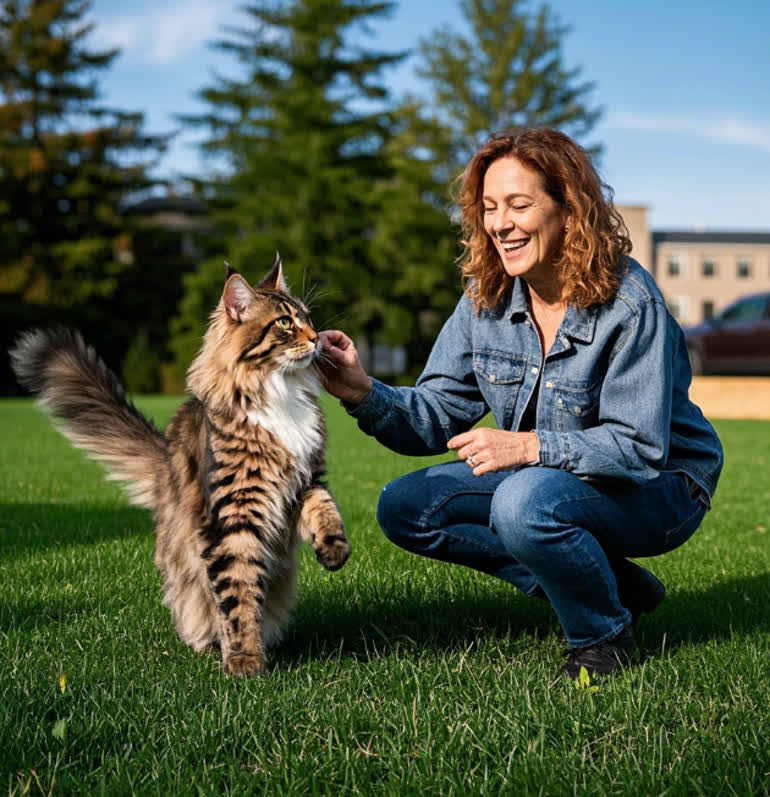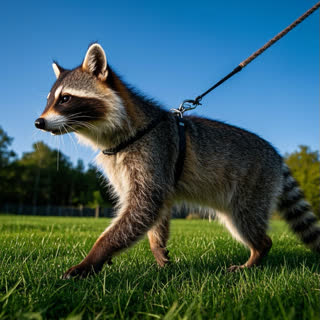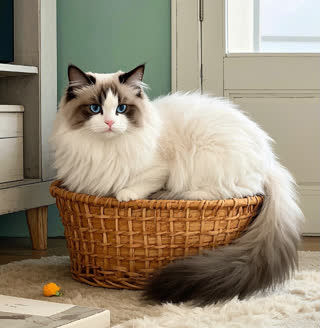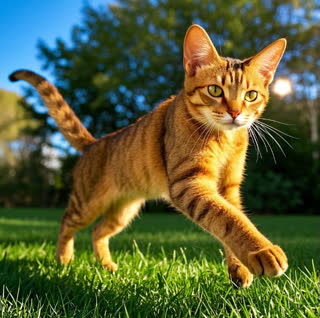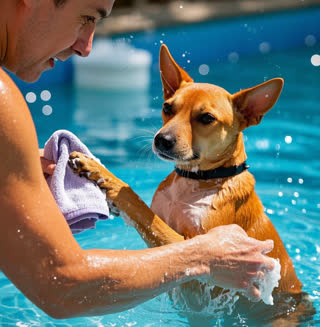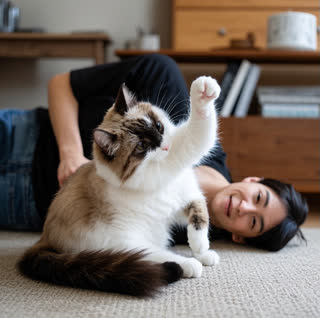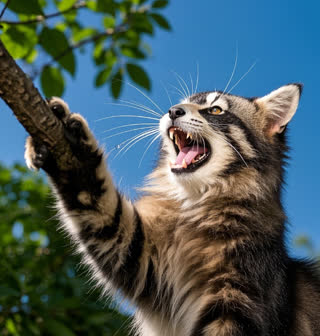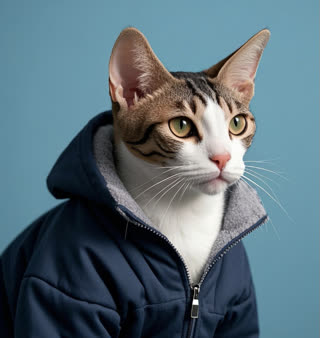The Maine Coon cat is one of the most beloved long-haired cat breeds in America, renowned for its gentle nature, striking appearance, and adaptability to family life. Often called "Gentle Giants" due to their large size and affectionate demeanor, these cats have earned a reputation as ideal companions for households with children, other pets, and even dogs. In this article, we’ll explore what makes the Maine Coon exceptional, addressing key topics like grooming, health, cost, and adoption—ensuring you have all the information needed to welcome one into your home.
Gentle Giants: The Maine Coon Personality Traits
Maine Coons are celebrated for their friendly, calm, and confident personalities. Unlike many cat breeds, they thrive on human interaction, often following family members around the house or even playing fetch like a dog. Their patient and amiable nature makes them excellent with children, while their social compatibility extends to other pets, including dogs.
Key traits include:
Intelligence: Maine Coons are quick learners and enjoy interactive toys or puzzle feeders.
Vocalization: They communicate with chirps and trills, adding a musical charm to their presence.
Loyalty: These cats form strong bonds with their families, often greeting owners at the door or "supervising" daily activities.
Their slow maturation (reaching full size at 3–5 years) allows families to enjoy their playful kitten-like behavior well into adulthood.
How to Groom a Maine Coon Cat
As a long-haired cat breed, Maine Coons require regular grooming to maintain their lush, weather-resistant coats. Their fur is shorter on the shoulders but lengthens along the back and belly, with a distinctive shaggy texture.
Grooming tips:
Brushing: Use a wide-tooth comb 3 times weekly to prevent mats and reduce shedding.
Bathing: Occasional baths help manage oils, especially if your cat enjoys outdoor adventures.
Paw Care: Check for tufted fur between toes, which can trap debris.
Pro tip: Start grooming early to acclimate kittens to the process, turning it into a bonding activity.
Maine Coon Cat Price Range by State
The cost of a Maine Coon kitten varies by breeder reputation, bloodline, and location. On average, prices range from 3,000to6,000 in the U.S., with premium European bloodlines or show-quality kittens at the higher end.
Regional variations:
Florida: Breeders like Karmacoons and Sassy Koonz offer kittens starting at $5,500.
Maine: Historical breeders like Dirigo emphasize traditional "Mainelook" cats, often priced competitively due to local demand.
Georgia: Big Meow Maine Coon Cats focuses on healthy lineages, with pricing aligned to national averages.
Always verify health guarantees and breeder certifications to avoid unethical practices.
Best Food for Maine Coon Kittens
Maine Coons have unique dietary needs due to their size and energy levels. High-protein, nutrient-dense diets support muscle development and coat health.
Recommended options:
Kitten Formulas: Look for brands with 40–50% protein content and added taurine for heart health.
Raw or Wet Food: Mimics their natural diet and aids hydration.
Portion Control: Avoid overfeeding; adult males can weigh 18–28 pounds, so monitor growth.
Avoid fillers like corn or soy, which offer little nutritional value.
Maine Coon Cat Health Problems and Solutions
While generally robust, Maine Coons are prone to specific health issues:
Hip Dysplasia: Common in large breeds. Regular vet checks and weight management reduce joint stress.
Hypertrophic Cardiomyopathy (HCM): A genetic heart condition. Choose breeders who screen parents for HCM.
Dental Issues: Brush teeth weekly and provide dental treats to prevent periodontal disease.
Reputable breeders like Sassy Koonz offer 7-year health guarantees, underscoring their commitment to genetic health.
Adopting vs Buying a Maine Coon Cat
Adoption:
Pros: Lower cost (200–800) and the chance to rescue a cat in need.
Cons: Limited access to kittens or specific bloodlines.
Buying from a Breeder:
Pros: Health guarantees, pedigree documentation, and early socialization.
Cons: Higher upfront cost and potential waitlists.
Organizations like the Native Maine Coon Cat Association (NMCCA) provide resources for ethical adoption or breeder selection.
The Maine Coon cat’s blend of intelligence, affection, and adaptability makes it a standout choice for families. By prioritizing proper grooming, nutrition, and health care—and weighing adoption versus breeder options—you’ll ensure a joyful, long-lasting bond with your Gentle Giant. Whether you’re captivated by their dog-like loyalty or their majestic appearance, the Maine Coon is sure to enrich your home.
